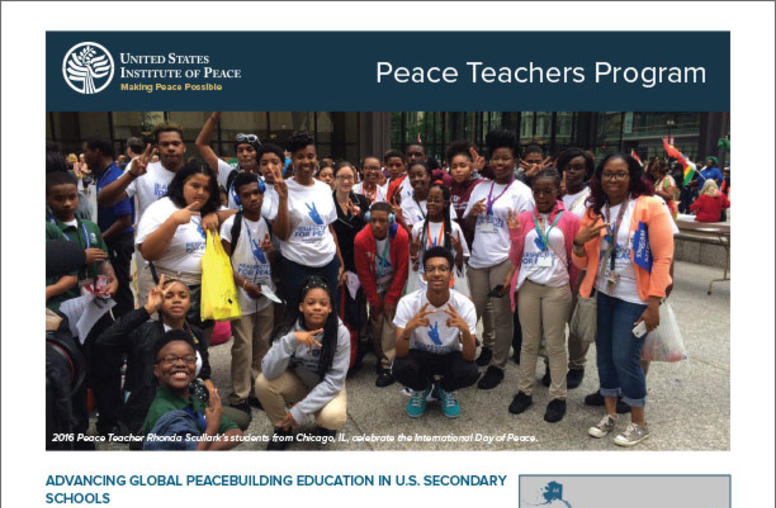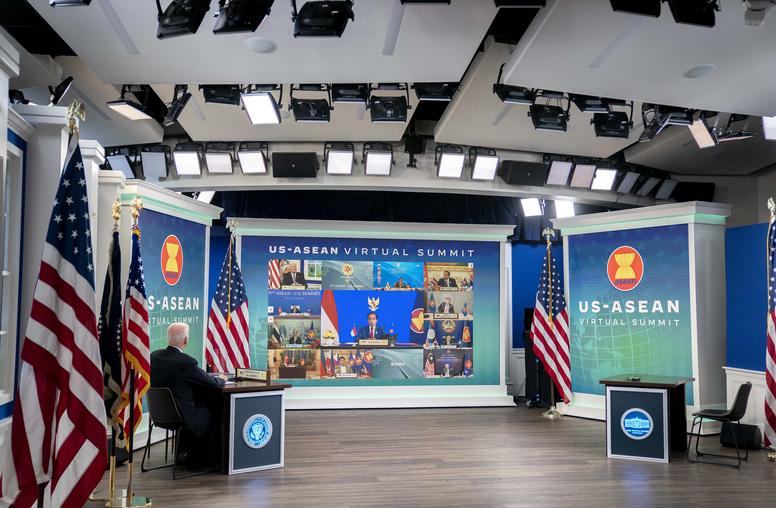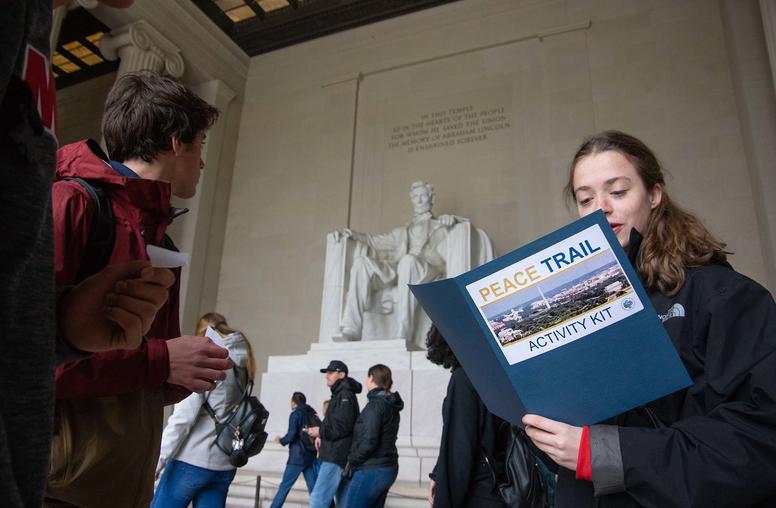Foreign Policy and the Next U.S. Administration
The next U.S. president will face crucial and complex foreign policy challenges including: international terrorism, weapons proliferation, weak and failing states, climate change, and global poverty. How these issues are addressed will have important implications for the U.S. and the world. What instruments are available to deal with these problems? What are the constraints on U.S. capacity to formulate and implement an effective foreign policy in a dangerous world? Will foreign policy change in any meaningful way?
Archived Audio
To listen to audio or to view video, please click on the links provided below. You also can right click on the links and choose "Save Target As" or "Download Linked File." This will save the file to your computer and then allow you to play it in your media player directly. More Audio Help.
- Listen to the audio from this event.
01:53:15 - 21.7MB
Speakers
- Helena Cobban
Friend in Washington, Friends Committee on National Legislation - Dr. Nikolas Gvosdev
Editor, The National Interest - Dr. Daniel Twining
U.S. State Department - Dr. Abiodun Williams, Moderator
The United States Institute of Peace



